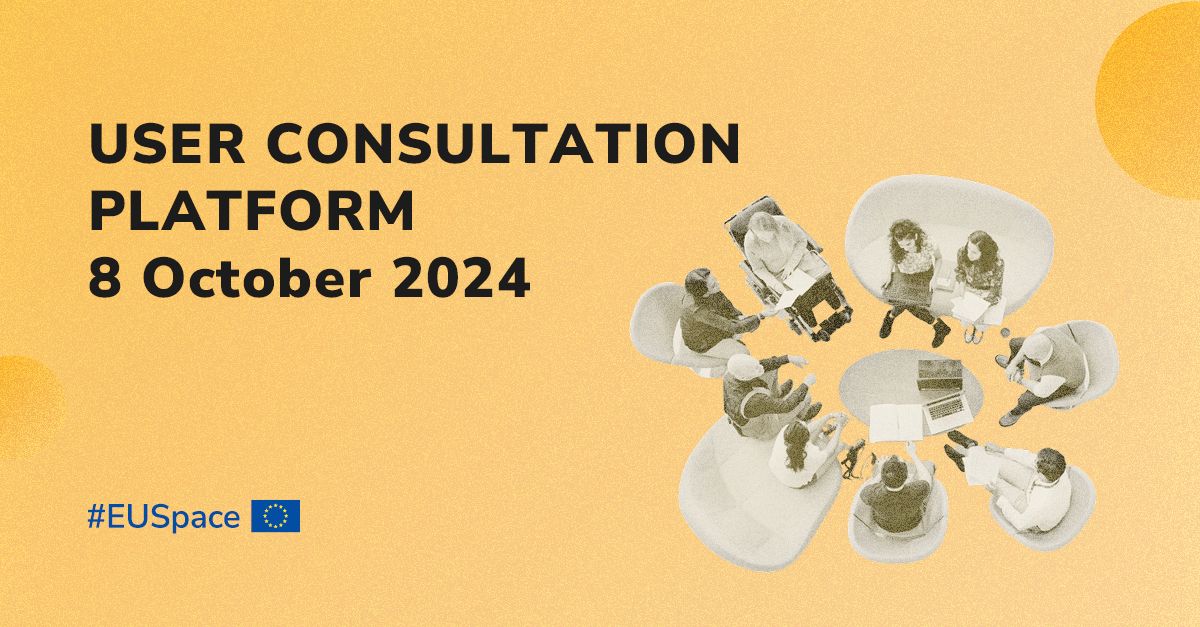For the second time in three years, the European Union Agency for the Space Programme (EUSPA) has recognized SeaCras as a model of successful practice of implementing satellite technologies in the tourism sector!
At the EUSPA’s User Consultation Platform on October 8, 2024, during the ‘Tourism and Cultural Heritage‘ session, our CEO, Mario Špadina, presented our use cases, Coastal Intelligence: Earth Observation Data-Driven Reporting for Transparent and Anti-Greenwashing Practices in Sustainable Maritime Tourism and Cultural Heritage Management.
Mario explained how our solutions create added value for companies in the coastal tourism sector, including hotels, resorts, campsites, and marinas, by enabling transparent reporting on the environmental impacts of business activities and vice versa. He also highlighted that SeaCras tools enhance responsible management at the destination level and support cultural heritage preservation through impact assessments, risk evaluations, and adaptation strategies. These tools help communities adapt to climate change and build resilience, strengthening the sustainability of local areas.
User Consultation Platform pamphlet (source: EUSPA):

The recognition for being an example of a successful model of implementing satellite technologies in tourism highlights our unique business approach and the integration of our satellite-based marine monitoring technology into the operations of public and private tourism stakeholders along the Adriatic coast.
EU Space data is at the forefront of innovation in the tourism and cultural heritage sectors, empowering the development of advanced tools that harness environmental monitoring and climate change forecasts.
These tools enable strategic, data-driven decision-making, strengthen resilience against climate risks, and provide critical insights to monitor and reduce environmental impacts, ensuring a more sustainable future for these industries.